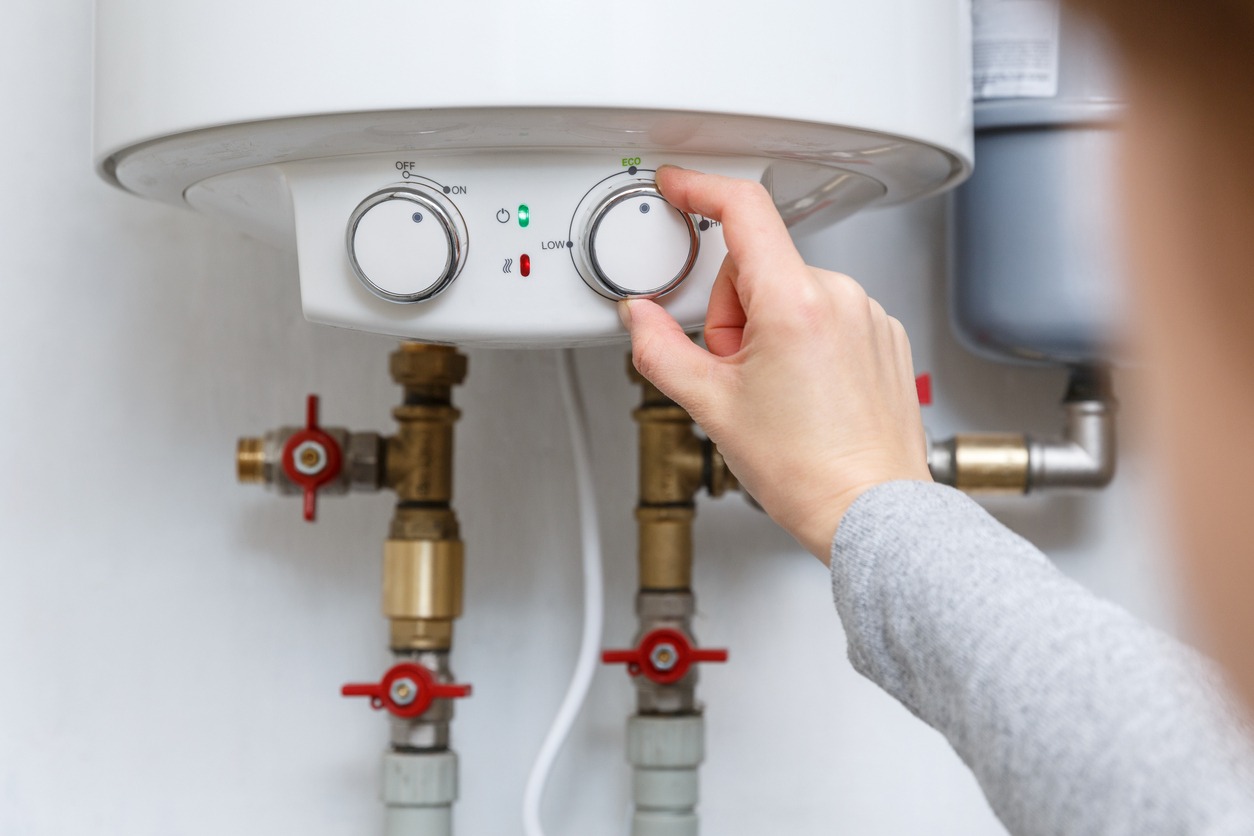Domestic water heating is the process of heating up or warming water for personal and family use. It consumes a lot of energy.
Water heating can consume 25-30% of energy in a house depending on the requirements of daily water usage, house types, and the lifestyle of those living in the house. Water heating most often consumes more energy than other electrical needs or demands in the house. You can also check this helpful Water Heater Reviews Site.
Why Domestic Water Heating?
Hot water can be used in a variety of ways such as dishwashing, bathing and showering, laundry, cleaning, and sometimes consumption. There must be a sufficient amount of hot water at one disposal to cater to all the above.
While the benefits have been adduced, most people take the proper maintenance of the water heating appliances for granted. Only to realize the bad state it has become in an emergency due to neglect.
Types of Domestic Water Heating Appliances
There are four types of domestic water heaters viz; the tank-type, tank-less, point of use, and hybrid water heater. The energy sources of the heaters could either be electricity, natural gas, or propane.
All have their benefits and disadvantages. For example, natural gas heats up more quickly than electricity and requires less primary energy but must have adequate airflow and proper ventilation. While electric heaters need no venting but can not operates in the absence of power (power failure) and uses much primary energy. Propane is much more expensive than both, though having the same benefits as that of natural gas but propane required regular delivery.
Storage Tank or Tank Type Water Heaters
In a storage-type heater, hot water is held in a tank so that a certain amount is at disposal at all times. Water is made to enter through the bottom of the tank which will either be heated by a gas flame below the tank or a suspended electric element in the tank.
There is an adjustable thermostat that regulates and maintains the temperature to a preset or required degree.
Heated water is pumped out at the top of the tank through the hot water supply pipe to the needed faucets or appliances that call for it. When there is a low level of hot water in the tank, the heater automatically fills itself with cold water and starts the process again.
Tank-type water heaters vary in size and can hold from 20 to 80 gallons of water.
The only drawdown of these storage tank water heaters is that they hold a limited amount of water, which may result in the problem of water supply when needed in high demands. It also burns energy day and night just to maintain the preset temperature even though if no one requires hot water. It uses more energy than other types of water heaters as it is always in operation.
Tank-Less Water Heaters
This is also known as on-demand
or instantaneous water heaters. They are compact, wall-hung units that provide hot water for the whole household. It doesn’t require a tank or storage facility for saving up heated waters.
The ability to provide hot water only when needed saves you more money due to a reduction in energy consumption. It is to be noted that tankless water heaters only start working when a hot water tap is opened anywhere in the house. Afterward, cold water is drawn into the unit where a flow sensor activates an electric heating element or gas-fired burner which subsequently warms an internal heat exchanger. The cold water will thereby pass over the heat exchanger warming to a preset temperature. Thereafter, the hot water exits the heaters to the needed faucets or appliances.
When the hot water tap is turned off, the heater stops working. This reduces energy consumption. It offers an unlimited hot water supply as it doesn’t require any storage facility, good for most large families.
Hybrid Water Heater
This is the combination of the efficiency of a tankless water heater with the large storage capacity of the storage tank heater. It also comes with an additional heat pump that generates heat from the room air and the surrounding area while transferring the same back to the cold water in the insulated tank through a compressor. This helps in reducing energy consumption.
Though hybrid water heater cost more than all other types of heater but saves more through considerate energy reduction during operation.
Point Of Use Water Heater
Point of use water heater is a compact tankless water heater that provides hot water instantly at a specific faucet.
They are to be fixed at the needed point and can be easily be fitted in cabinets and closets. They readily provide water instantly in comparison to other water heaters. Thereby reducing the time wasted in waiting for hot water when one switches a tap and also save energy consumption.

